What’s the ideal ceiling height for installing moving head lights? | Insights by LQE
- Comprehensive Guide to Installing Moving Head Lights: Addressing Common Questions
- 1. What is the ideal ceiling height for installing moving head lights?
- 2. How do I choose the right moving head lights for my stage?
- 3. What are the safety considerations when installing moving head lights?
- 4. How do I integrate moving head lights into my existing lighting system?
- 5. What maintenance is required for moving head lights?
- 6. How do I program moving head lights for a performance?
- 7. What are the advantages of using moving head lights over traditional fixtures?
- 8. How do I ensure the longevity of my moving head lights?
- Conclusion: Why Choose LQE for Your LED Stage Lighting Needs
Comprehensive Guide to Installing Moving Head Lights: Addressing Common Questions
Installing moving head lights requires careful planning and consideration to ensure optimal performance and safety. Below are answers to common questions that professionals in the LED stage lighting industry often encounter.
1. What is the ideal ceiling height for installing moving head lights?
The ideal ceiling height for installing moving head lights depends on several factors:
Beam Angle and Coverage: Narrow beams (15°–30°) are suitable for spotlighting performers, while wide beams (60°+) are used for general wash or house lighting. The throw distance, calculated as beam angle multiplied by distance, determines the spread of light.
Venue Size and Layout: Larger venues may require higher ceilings to accommodate the necessary equipment and achieve the desired lighting effects.
Safety and Accessibility: Ensure that the ceiling height allows for safe installation, maintenance, and operation of the lighting fixtures.
It's essential to assess the specific requirements of your venue and performance to determine the appropriate ceiling height.
2. How do I choose the right moving head lights for my stage?
Selecting the appropriate moving head lights involves considering:
Performance Requirements: Determine the type of performance and the desired lighting effects.
Fixture Capabilities: Evaluate features such as beam angle, color mixing, and movement range.
Budget Constraints: Balance desired features with available budget to find the best value.
Consulting with lighting professionals or suppliers can provide valuable insights tailored to your specific needs.
3. What are the safety considerations when installing moving head lights?
Safety is paramount when installing moving head lights:
Structural Integrity: Verify that the mounting structure can support the weight and dynamic movements of the fixtures.
Electrical Safety: Ensure all wiring is properly installed and insulated to prevent electrical hazards.
Regular Maintenance: Conduct routine inspections to identify and address potential issues promptly.
Adhering to industry safety standards and guidelines is crucial to ensure a safe and reliable lighting setup.
4. How do I integrate moving head lights into my existing lighting system?
Integrating moving head lights involves:
Compatibility Check: Ensure the new fixtures are compatible with your current control systems and power supplies.
System Configuration: Update your lighting control console to accommodate the new fixtures, including assigning DMX addresses and programming control parameters.
Testing and Calibration: Perform thorough testing to ensure seamless operation and synchronization with existing equipment.
Proper integration enhances the versatility and functionality of your lighting system.
5. What maintenance is required for moving head lights?
Regular maintenance includes:
Cleaning: Remove dust and debris from lenses and moving parts to maintain optimal performance.
Inspection: Check for signs of wear or damage, such as loose components or frayed cables.
Software Updates: Keep firmware and software up to date to ensure compatibility and access to new features.
Implementing a proactive maintenance schedule extends the lifespan of your fixtures and ensures consistent performance.
6. How do I program moving head lights for a performance?
Programming involves:
Fixture Addressing: Assign unique DMX addresses to each fixture for individual control.
Scene Creation: Develop lighting scenes that correspond with different segments of the performance.
Effect Programming: Utilize the control console to program movements, color changes, and other dynamic effects.
Rehearsal: Test and adjust the programming during rehearsals to ensure synchronization with the performance.
Effective programming enhances the visual impact and cohesion of your lighting design.
7. What are the advantages of using moving head lights over traditional fixtures?
Moving head lights offer several benefits:
Versatility: Capable of dynamic movement, color mixing, and various effects, providing a wide range of creative possibilities.
Space Efficiency: Their compact design reduces the need for multiple static fixtures, saving space and simplifying setup.
Energy Efficiency: Many models utilize LED technology, offering lower power consumption and longer lifespan compared to traditional lighting.
These advantages make moving head lights a popular choice for modern stage productions.
8. How do I ensure the longevity of my moving head lights?
To extend the lifespan of your fixtures:
Proper Installation: Follow manufacturer guidelines for installation to prevent undue stress on components.
Environmental Control: Maintain appropriate temperature and humidity levels in the venue to protect electronic components.
Regular Maintenance: Implement a routine maintenance schedule to address issues before they lead to failure.
By taking these steps, you can ensure reliable performance and maximize the investment in your lighting equipment.
Conclusion: Why Choose LQE for Your LED Stage Lighting Needs
LQE offers a comprehensive range of LED stage lighting solutions tailored to meet diverse performance requirements. With a focus on quality, innovation, and customer satisfaction, LQE ensures that your lighting setup enhances the visual experience of your audience. Their expert team provides guidance from planning to installation and maintenance, making them a trusted partner in your lighting endeavors.
Sources:
1000w
What Kind of Certificates You Offer?
All kinds of certificates could be offered by LQE digital moving light factory, which depends on customer’s required, different pricing plan for different approval.
Do You Supply After-Sale Service?
LQE lighting offers 7x24 hrs systematic SOP customer support with dedicated personnel, ensuring quick and comprehensive assistance for stage lighting needs.
Distributor
What are the advantages of becoming an LQE distributor?
Access to high-performance, patented lighting products
Competitive factory pricing and excellent profit margin potential
Strong R&D capabilities with 80+ national patents
Reliable production capacity: 100,000 units annually
Dedicated account manager to support your growth
Do you offer OEM/ODM support for distributors?
Yes, as a professional OEM/ODM manufacturer, we support brand customization, including logo printing, packaging design, and even custom features based on project needs.
Is there a minimum order quantity (MOQ) to become a distributor?
MOQ requirements vary based on the product line and market region. However, for long-term distribution partnerships, we are flexible and can start with a trial order to build trust.
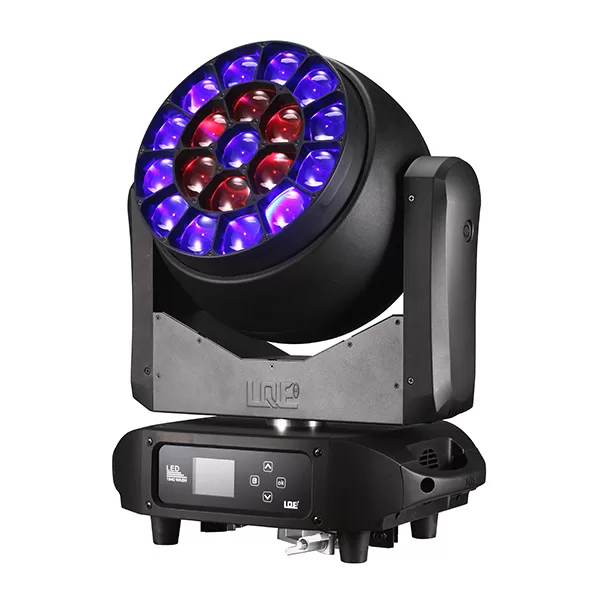
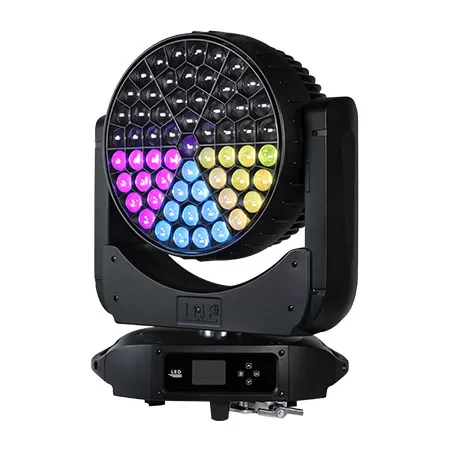
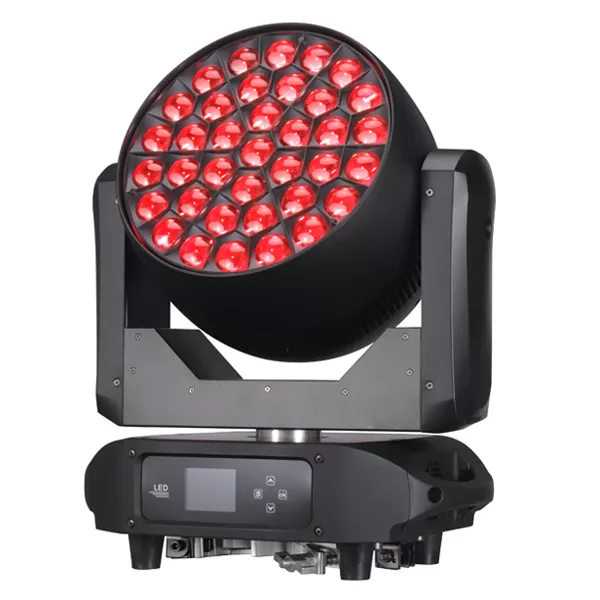
Want to learn more information?
[Reach out to us and receive professional guidance, a personalized quote, and the best solution for your needs.]

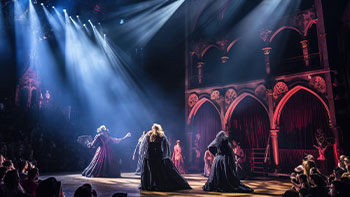
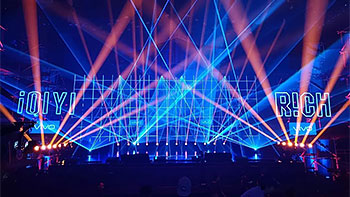
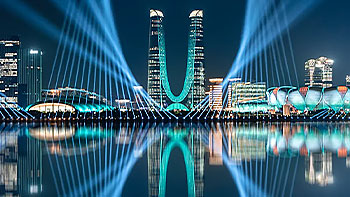
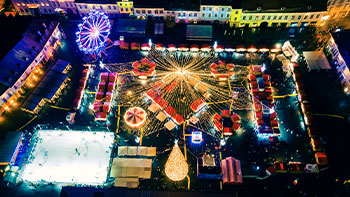
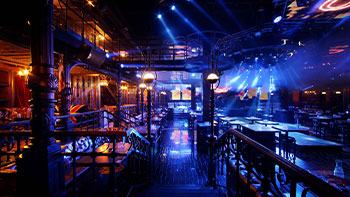
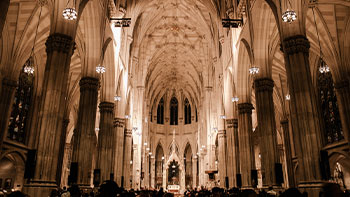






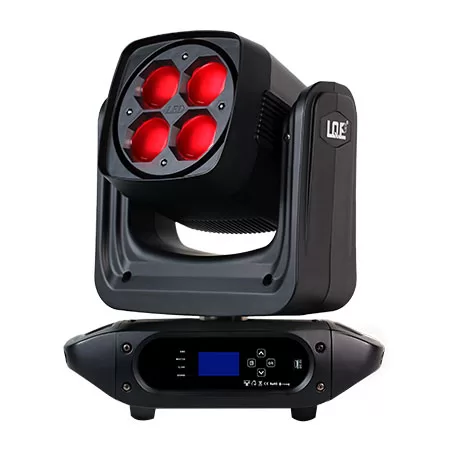
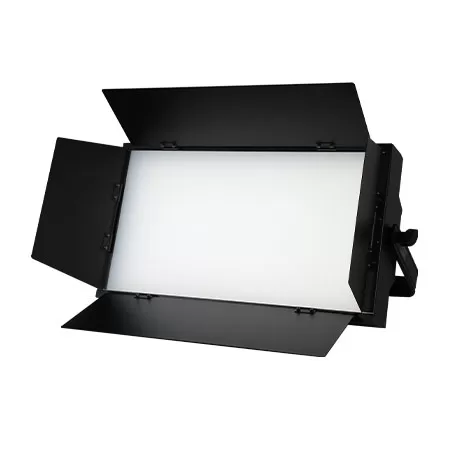
Linkedin
YouTube
Whatsapp: +8618924548390
TikTok